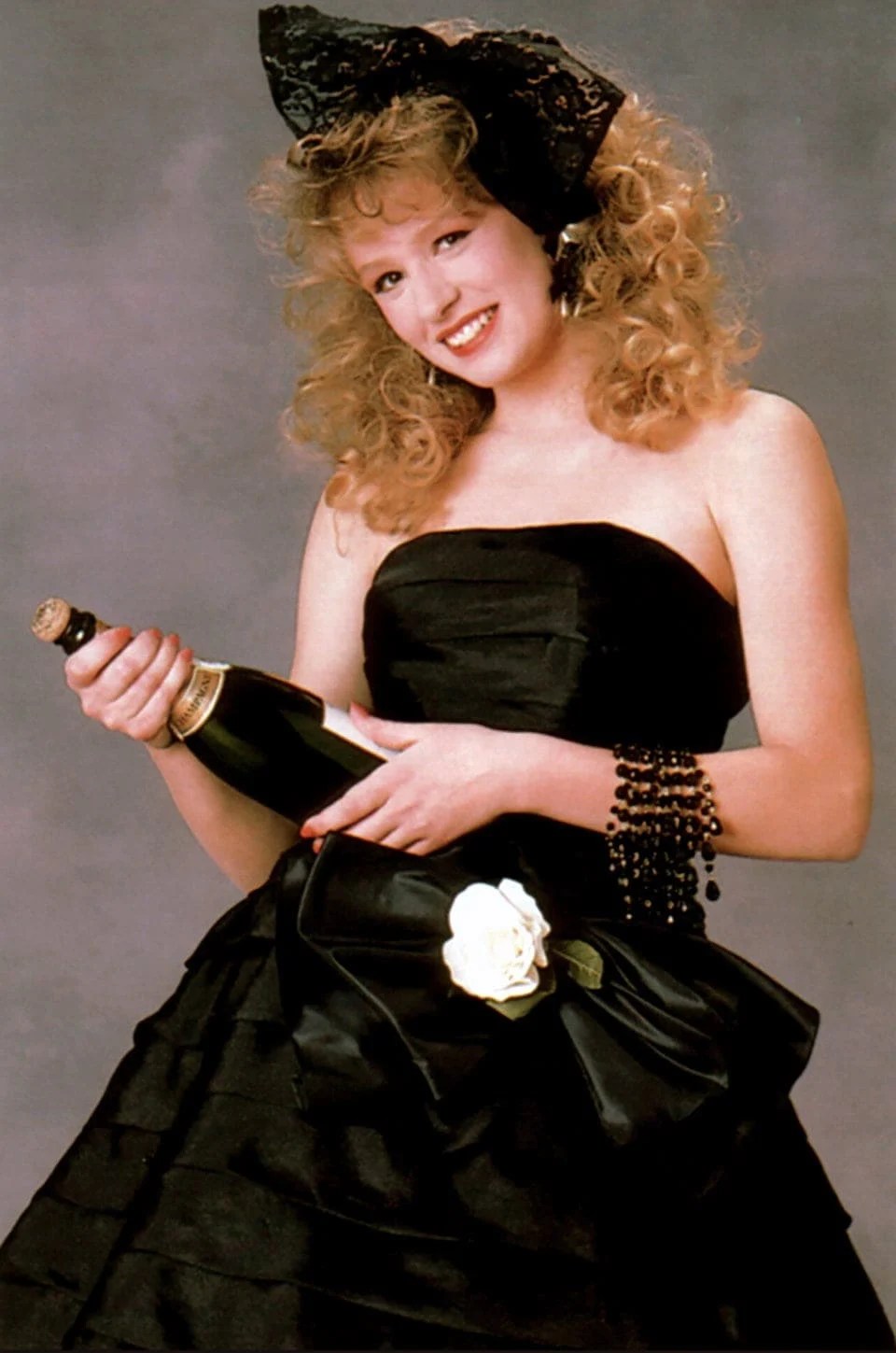Dresses of the 80s: A Blast from the Past
Remember the vibrant, bold, and sometimes outrageous fashion of the 1980s? This era produced some of the most memorable dress styles, reflecting a dynamic decade of cultural shifts and evolving aesthetics. From the power shoulders of the corporate world to the romantic lace and frills of evening wear, 1980s attire offers a fascinating glimpse into the fashion sensibilities of the time.
The eighties were a time of experimentation and excess in fashion. Think big hair, bright colors, and bold silhouettes. This spirit of maximalism translated into the decade's dresses, creating iconic looks that are still referenced and reinterpreted today. Whether it was the structured elegance of a power suit dress or the playful femininity of a ruffled mini, 80s dresses made a statement.
The decade's fashion was heavily influenced by music, movies, and popular culture. Pop icons like Madonna and Cyndi Lauper popularized trends like lace, fishnet, and vibrant neon colors. The fitness craze also played a role, with athletic-inspired styles like bodycon and leggings influencing dress designs. This fusion of influences resulted in a diverse range of dress styles, each reflecting a different facet of the decade's cultural landscape.
Understanding the history of 1980s attire provides a deeper appreciation for its impact on fashion today. Many contemporary trends draw inspiration from the eighties, showcasing the enduring legacy of this era's distinctive style. From the resurgence of puff sleeves to the continued popularity of bold prints, the influence of 80s dresses can be seen on runways and in everyday wardrobes.
This exploration of 80s dresses will delve into the key trends, iconic styles, and cultural influences that shaped this era of fashion. We'll examine the evolution of dress silhouettes, the popular fabrics and patterns, and the ways in which these garments reflected the social and economic climate of the time. Join us on a journey back to the eighties to rediscover the bold, the beautiful, and the unforgettable world of 1980s dress styles.
One of the defining characteristics of 80s dresses was the emphasis on bold silhouettes. Shoulder pads, cinched waists, and voluminous skirts were key features. Designers like Thierry Mugler and Claude Montana championed the power dressing trend, creating structured dresses that exuded confidence and strength. At the other end of the spectrum, romantic styles with ruffles, lace, and floral prints offered a softer, more feminine aesthetic.
Popular fabrics included taffeta, velvet, and satin for evening wear, while denim, jersey, and knit fabrics were used for more casual day dresses. Bold prints like polka dots, animal prints, and geometric patterns were also prevalent, adding to the decade's vibrant aesthetic. Sequins, metallic fabrics, and other embellishments contributed to the overall sense of glamour and excess.
Three key benefits of 80s dresses include their versatility, their ability to make a statement, and their enduring influence on contemporary fashion. The diverse range of styles meant there was a dress for every occasion, from office wear to evening glamour. The bold designs and vibrant colors allowed individuals to express their personality and embrace the decade's maximalist spirit. Finally, the enduring legacy of 80s dress trends continues to inspire designers and fashion enthusiasts today.
Advantages and Disadvantages of 80s Dress Styles
| Advantages | Disadvantages |
|---|---|
| Expressive and Individualistic | Can be Over-the-Top for Modern Tastes |
| Wide Variety of Styles | Some Styles May Not Be Flattering to All Body Types |
| Durable Fabrics in Many Cases | Can be Difficult to Find Authentic Pieces |
Five real examples of iconic 80s dresses include the power suit dress, the ruffled mini dress, the bodycon dress, the off-the-shoulder dress, and the slip dress. Madonna's "Like a Virgin" wedding dress is a prime example of the lace and tulle trend. Princess Diana's elegant gowns showcased the influence of romantic styles.
Frequently Asked Questions:
1. What were popular colors for 80s dresses? Bright neon colors, pastels, and jewel tones.
2. What fabrics were commonly used? Taffeta, velvet, satin, denim, jersey, and knit fabrics.
3. Where can I find 80s style dresses today? Vintage stores, online marketplaces, and some contemporary retailers.
4. What shoes were worn with 80s dresses? Heels, pumps, flats, and sneakers.
5. How can I incorporate 80s dress styles into my modern wardrobe? Start with small touches like puff sleeves or bold prints.
6. What accessories were popular in the 80s? Big earrings, chunky necklaces, and bangles.
7. What hairstyles complemented 80s dresses? Big hair, perms, and side ponytails.
8. Were there any specific makeup trends? Bright eyeshadow, bold blush, and dark lipstick.
Tips and tricks for wearing 80s inspired dresses today include balancing the look with modern accessories and choosing styles that flatter your body type. Don't be afraid to experiment with different colors and prints, but avoid going overboard with the 80s aesthetic.
In conclusion, 1980s dresses represent a unique and influential period in fashion history. From the powerful shoulder pads to the romantic ruffles and vibrant colors, 80s attire embodies the spirit of a dynamic decade. The versatility of these styles, their ability to make a statement, and their enduring influence on contemporary fashion make them a fascinating subject of study. Whether you're a vintage enthusiast, a fashion historian, or simply someone looking for inspiration, exploring the world of 80s dresses offers a captivating glimpse into the past and continues to inspire fashion choices today. By understanding the key trends and incorporating elements of 80s style into modern wardrobes, we can appreciate the enduring legacy of this iconic era. So, embrace the boldness, the color, and the individuality of 80s dresses, and let your fashion choices reflect the vibrant spirit of this unforgettable decade.
Gridiron glory deciphering the remaining nfl playoff contenders
Anime best left unwatched with family
Exploring san pedro cemetery in winter park florida














